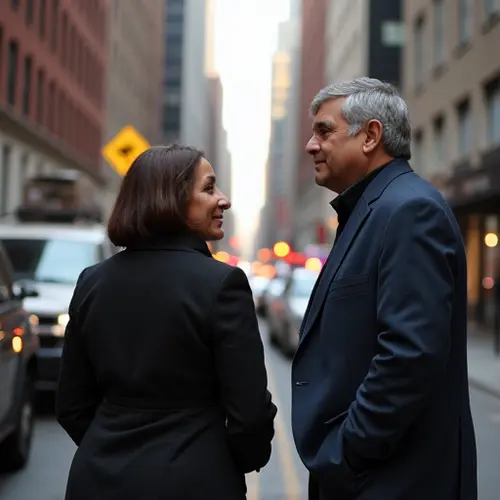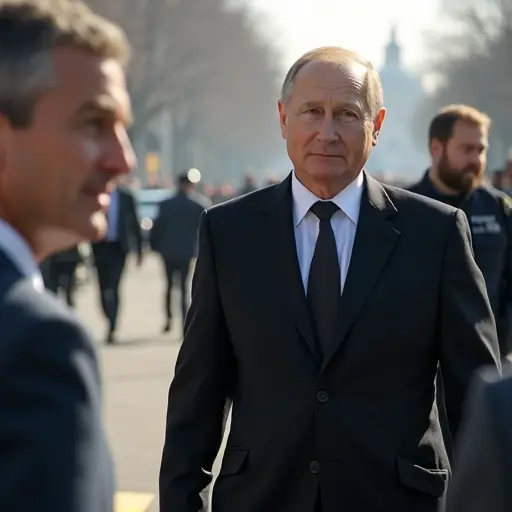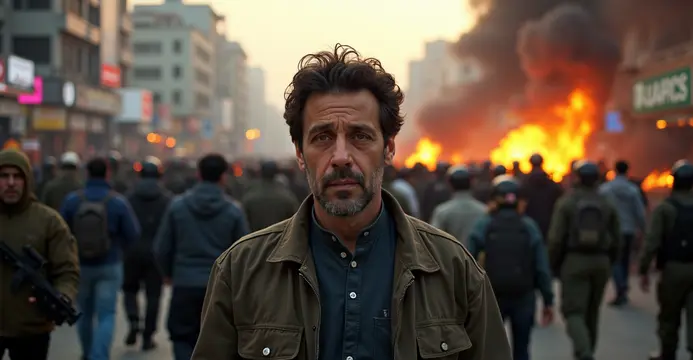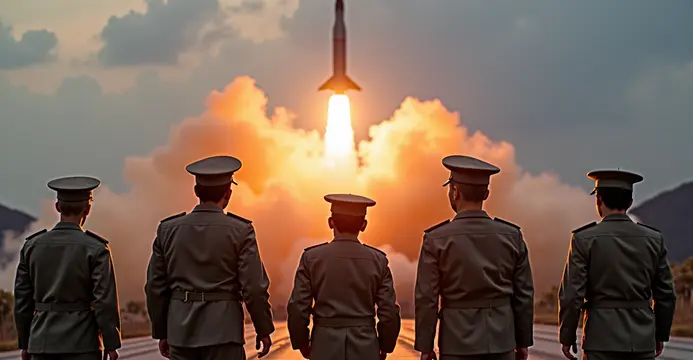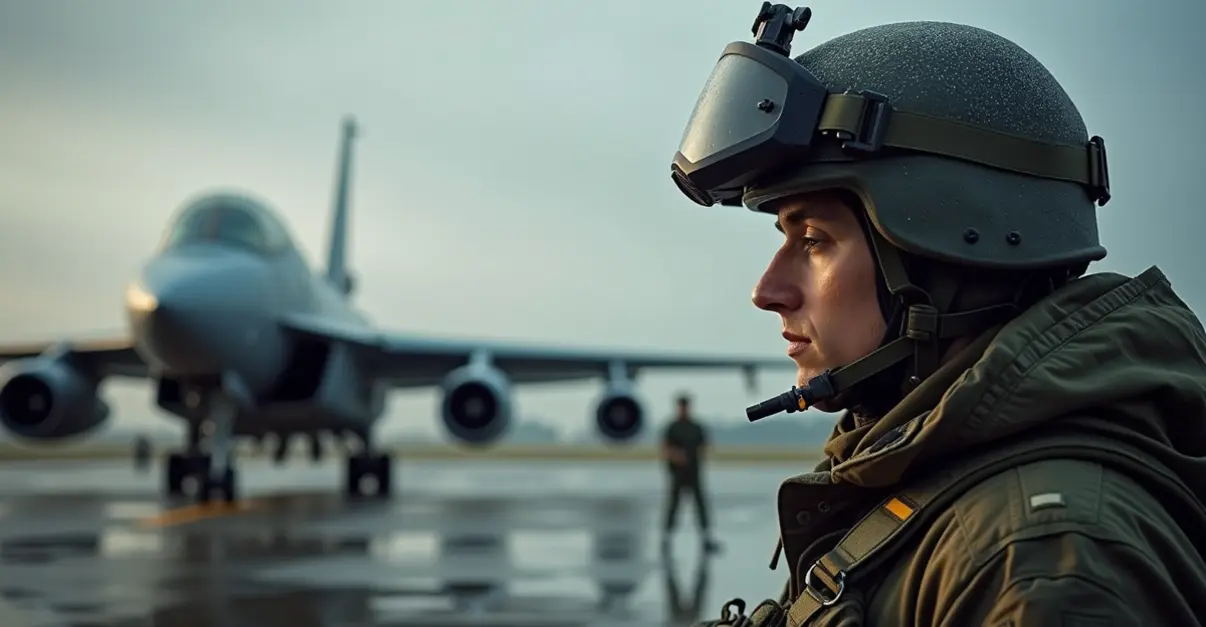
Vietnam War Ace and Political Fallen Hero Passes at 83
Randall Harold "Duke" Cunningham, the legendary Navy fighter pilot who became one of only two American aces during the Vietnam War and later inspired elements of the iconic film Top Gun, has died at age 83. His death marks the passing of a complex figure who embodied both heroic military service and political corruption.
Combat Heroics and Top Gun Legacy
Cunningham achieved legendary status on May 10, 1972, when he shot down three North Vietnamese MiG fighters in a single mission, becoming the first American ace of the Vietnam War. His aerial combat skills were honed through the Navy's elite Fighter Weapons School program, better known as Top Gun, which was established to counter the threat posed by agile Soviet-made MiG aircraft.
The California-born pilot served as an instructor at the Top Gun school after his combat tour, where his experiences and tactics directly influenced the development of the program that would later gain worldwide fame through the 1986 blockbuster film starring Tom Cruise. While filmmakers maintained that Cruise's character "Maverick" was a composite of several pilots, Cunningham frequently claimed the character was based on him.
From War Hero to Political Scandal
After retiring from the Navy in 1987 with 20 years of service, Cunningham leveraged his war hero status to launch a political career. He was elected to the U.S. House of Representatives in 1990, representing California's Republican districts for 15 years.
His political career ended in disgrace in 2005 when he pleaded guilty to accepting at least $2.4 million in bribes from defense contractors in exchange for government contracts. The corruption scandal involved luxury items including a Rolls-Royce, a yacht, and a mansion. Cunningham received an eight-year prison sentence—the longest ever given to a Congress member at that time—and was ordered to pay $1.8 million in restitution.
Presidential Pardon and Legacy
In 2021, President Donald Trump granted Cunningham a conditional pardon during his final day in office, citing his military service and good behavior in prison. The controversial decision highlighted the complex legacy of a man who represented both American military excellence and political corruption.
Cunningham's story remains a cautionary tale about the intersection of military heroism, political power, and ethical compromise. His aerial combat achievements continue to be studied in military aviation circles, while his political downfall serves as a reminder of the importance of integrity in public service.

 Nederlands
Nederlands English
English Français
Français Deutsch
Deutsch Español
Español Português
Português



